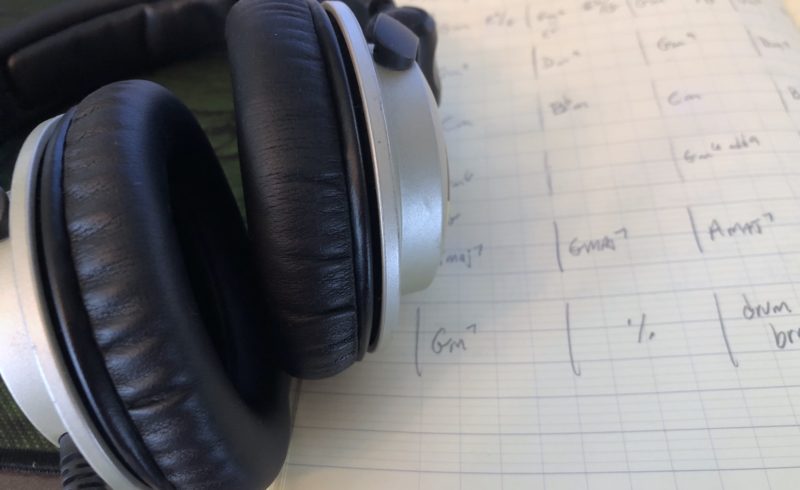
Let’s not be too sure that “Music Copyright Infringement Is Beginning To Make Sense Again,” as this Forbes article says.
According to Bloomberg Law, Nickelback just got sued because their hit “Rockstar,” according to a musician named Kirk Johnston, sounds too much like his own “Rock Star” track, which as you might’ve guessed is similar to Nickelback’s at least in that both are about wanting to be rock stars.
Reportedly the complaint says Nickelback’s “Rockstar” copied “substantial portions of the tempo, song form, melodic structure, harmonic structures, and lyrical themes” from Mr. Johnston’s version. Those sound like words a forensic musicologist might’ve said, maybe? But it’s hard for me to believe the musicologist went on to say, “Strong case! Yep, you should definitely go to war with that — tempo, song form, melodic structure, harmonic structures, and lyrical themes!”
Care to hear it for yourself? This appears to be the song he’s talking about.
And of course, this is Nickelback’s Rockstar.
In charitable goodheartedness, let’s just look specifically for the similarities named in the complaint.
It begins with “substantial portions of the tempo.” (Or kinda says that. It’s the more humorous interpretation.) A bad place to start. Even if the two songs share the entirety of the tempo, we don’t much care. Tempo is just this side of irrelevant. You can sing Mary Had A Little Lamb quickly or slowly and it remains Mary Had A Little Lamb.
“Substantial portions of the song form?” Here too, even if the entirety of the songs’ forms were identical, the form, like tempo, is just not where you want to hang your hat unless you’ve employed a pretty novel form. The form of plaintiff Johnston’s “Rock Star” is an 8-bar blues; not remotely a novel form.
“Substantial portions of the harmonic structures?” The harmonic structure of Johnston’s “Rock Star” is that of an 8-bar blues song! And it’s the sort of thing you might hear referred to as “Three-Chord Rock.” So you might surmise, we’re talking super-duper common chord progressions. Nickelback’s chord progression is fairly basic too, but it bears little resemblance to the plaintiff’s. It happens to rely quite a bit on “borrowed chords;” a common device in rock music. The most simple way to describe “borrowed” is that while Nickelback’s “Rockstar” is in the key of G major, its chord progressions are almost constantly employing (borrowing) chords that would more naturally be found in the parallel key of G minor. So I’d say not “substantial portions of the harmonic structures.”
Melodic structures? Forgive me. I’m not interested in critical listening again to even try to hear what might be there, as it’s late on a Friday in the middle of shelter-in-place on the warmest day so far this year and my office is way too hot to stay in here any longer than I need to — but if I remember correctly from the first listen, anyone with a one-octave range could sing the entirety of both tracks. Go back through to what we said about the harmonic structure of both songs. As Nickelback’s Rockstar moves through chords that are borrowed from the parallel minor key, the melody in-kind moves over to that key’s scale-tones, so the notes that give the songs most of their character, respectively — the “high-value notes” as I often say — these will tend to be dissimilar.
Back to the lyrical themes? Yes, there’s are similarities. I think they both mention tour buses. But “lyrical themes wise” we’ve got two songs about the privileges of being rock stars.” Kid Rock took a similar angle and got a better track out of it than either of these with “Cowboy.” If you want to write a song about all the cool stuff you’d get to do if you became a rockstar or a cowboy or a cowboy rockstar, I wouldn’t blame you. It’s a good idea. But you know what I’m gonna say next, right?
Copyright law doesn’t protect ideas; it only protects how you express your idea.